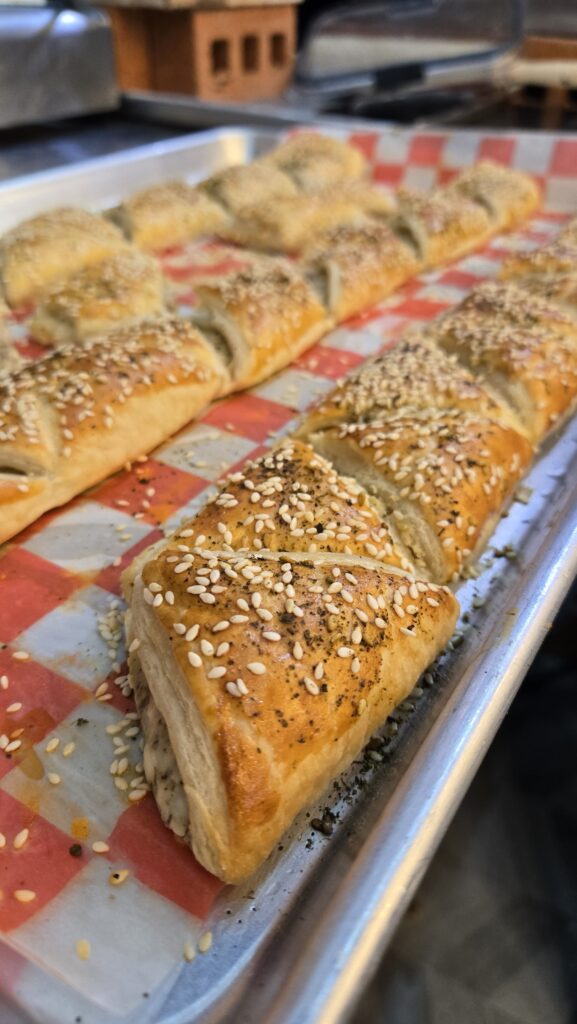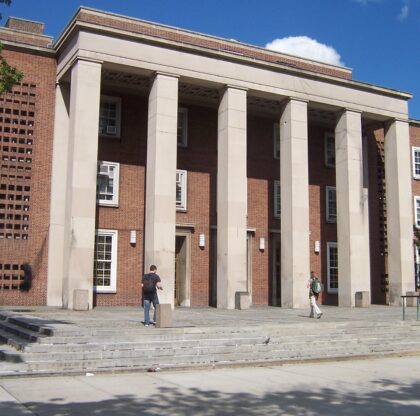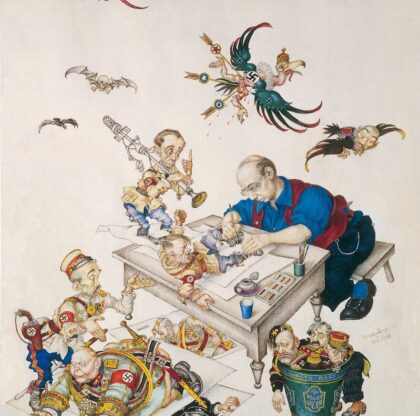Get the latest food, drinks and things to do news directly to your inbox. Subscribe Now
On October 7, 2023, Raif Rashed, an Israeli Druze who isn’t Jewish or Muslim, was scheduled to board his flight back to the United States after visiting his family in Israel during the holiday season. He had been working as an engineer in New York since 2019.
“My brother asked me to stay one more day to help set up his food stall, Taboonia, at the Nova Music Festival,” Rasher tells Pretty Kosher, referring to the catering business he ran with his brother for a decade before moving to New York. “We had worked with them before, so I paid $500 to change my flight by a day just to be there with him.”
What followed on that day at the Nova Music Festival and other parts of the region became the most violent assault on Israeli soil in modern history, the deadliest attack on Jews since the Holocaust.

Both Rashed and his brother Radda survived, but everything changed after that day. Rashed found himself returning to the food industry, this time with a fresh perspective and a new market to tackle in New York.
“After three months, I came back to New York,” he recalls. “My passport was stolen during the festival, and I had to wait for the police to give me a new one. I tried to work for a company as an engineer but couldn’t handle the pressure anymore. I needed to heal.”
Rashed decided to leave his engineering job and start a new project.

“I launched the New York version of the Taboonia stand on October 6 in a market on the Upper West Side,” he says. “That same month, I met my business partner, Ray Radwan, a New Jersey-born Druze whose family is from Lebanon and who has experience in the food industry.”
The duo eventually decided to open a brick-and-mortar location. Taboonia the restaurant opened at 832 Sixth Avenue, near 29th Street, in the Garment District this past February.
While the Taboonia food stall in Israel isn’t kosher, the New York iteration, which is completely vegetarian, has just received kosher certification by the International Kosher Council (IKC), under the supervision of Rabbi Zev Schwarcz.

Inside, customers can choose from about a dozen seats for dine-in or opt for take-out. Either way, they’ll enjoy authentic Druze dishes, many of which are cooked in a taboon, the brick oven from which the restaurant takes its name.
Among the most popular items on the menu, according to Rashed, are pita labaneh (served with feta, tabbouleh and hot sauce), various Druze pizza pies (“the manakish and the muhammara are made with ingredients directly from Israel”) and an array of bourekas.
“We have an everything boureka, which is like an everything bagel with mozzarella inside,” says Rashed.

Dessert shouldn’t be overlooked, either. The menu offers two options: a pita with tahini and halva, and another with Nutella and halva—both perfect accompaniments to the Druze coffee on offer.
When asked about his decision to go kosher despite not being Jewish, Rashed explains that it was to support the local community.
“When it’s kosher, everyone can eat,” he says. “When it’s not kosher, not everyone can.”
His dedication reflects the values of the Druze community, a small group of about one million people living across Syria, Lebanon and Israel. Despite making up less than 2% of the population in Israel, Druze people are known for their patriotism and their service in the military, just like other Israeli citizens.

For Rashed, his new venture has not only helped him heal from the trauma of October 7—especially witnessing his friend Erick Peretz and his 16-year-old daughter Ruth seek cover behind an ambulance, which was then burned by terrorists—but has also allowed him to share a meaningful part of his heritage with others.
“Making food has definitely helped me heal. I see people coming in here and I finally feel at home in New York City,” he says. “After October 7, I had the option to stay in Israel. I didn’t know it then but something was pulling me here and now I realize why: I get to introduce my culture, which not many know about, to others.”



